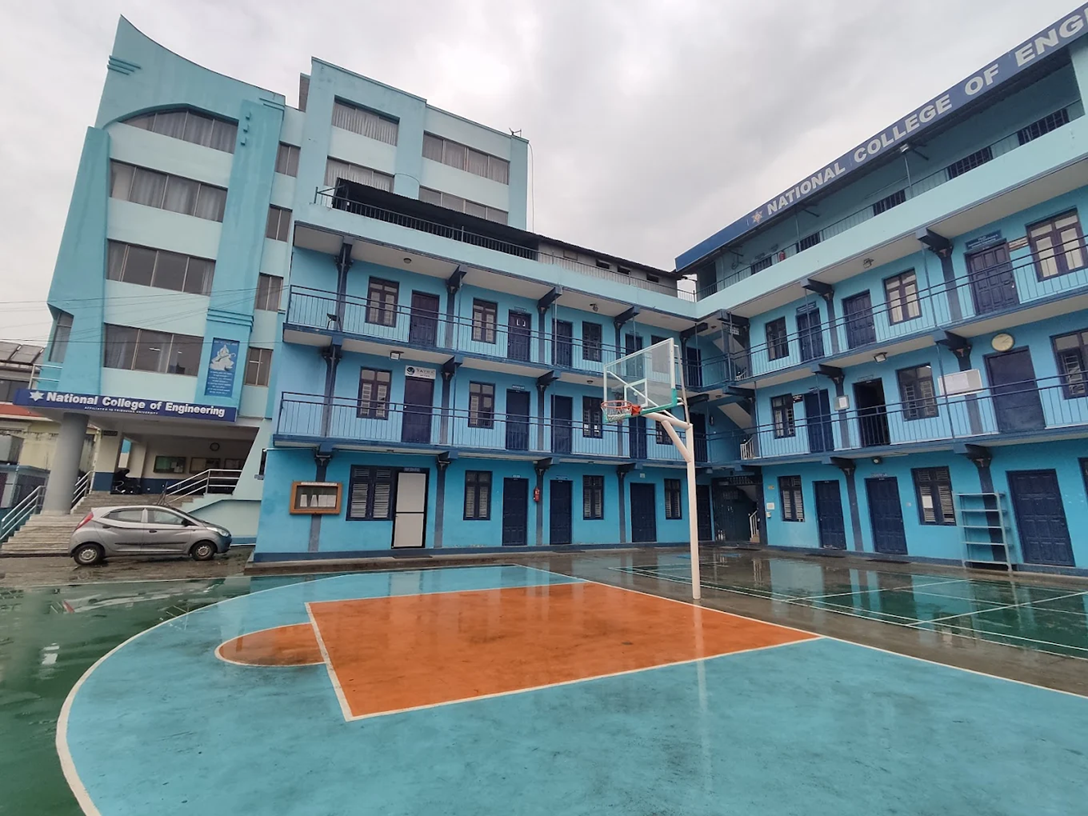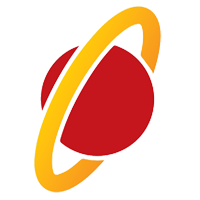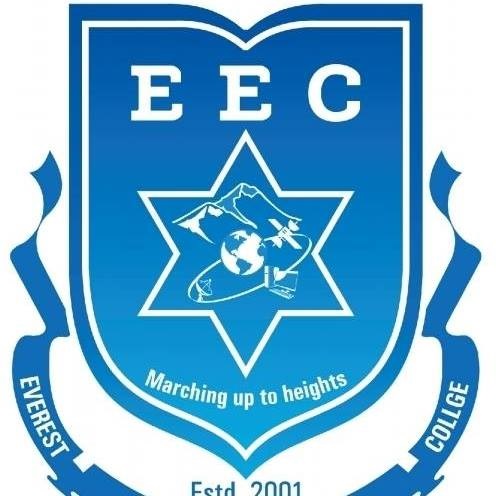Overview
BE Computer at National College of Engineering (NCE), Lalitpur
Bachelor of Computer Engineering at National College of Engineering (NCE), Talchikhel, Lalitpur is a four-year Tribhuvan University (TU/IOE) program with Nepal Engineering Council (NEC) recognition for licensure after graduation.
The department runs 48 intake seats, follows IOE’s semester system, and teaches core computing, systems, networks, databases, and software engineering with lab-based practice.
You study in the Kathmandu Valley, which provides access to firms, meetups, and field visits linked to Nepali projects.
Overview
The program builds your computing fundamentals and connects them to practical problems faced by Nepali organizations. Classes, tutorials, and labs follow TU/IOE rules, and assessments mix internal evaluations with end-semester examinations. Department pages outline the two programs hosted here—Computer Engineering and Electronics, Communication & Information Engineering—each with 48 seats.

Highlights
-
Affiliation: Tribhuvan University (Institute of Engineering—IOE)
-
Duration and structure: 4 years, 8 semesters with theory, labs, and capstone work
-
Seats: 48 (Computer Engineering)
-
Location: Talchikhel, Lalitpur (Kathmandu Valley)
-
Licensure pathway: NEC registration after graduation from a recognized program
-
Admission route: IOE entrance qualification, then NCE application and counseling
-
Scholarships: IOE-mandated quota plus NCE intake-wise schemes and stipends
(Edusanjal)
Curriculum Details
IOE sets the curriculum framework for Computer Engineering (often referred to as BCT). Subject titles can vary slightly by year; the sequence below reflects common elements across eight semesters published by IOE and public summaries.
Year 1–2: Foundations
-
Engineering Mathematics, Physics, and Applied Mechanics
-
Computer Programming and data structures basics
-
Digital Logic, Computer Organization fundamentals
-
Basic Electrical Engineering, Probability & Statistics
-
Engineering Drawing and introductory labs (programming, electronics, circuits)
Year 3–4: Core Computing and Applications
-
Algorithms, Operating Systems, Computer Networks
-
Database Systems and Software Engineering process/practice
-
Microprocessors/Microcontrollers and Embedded fundamentals
-
Web and Mobile technologies within IOE’s course lists
-
Electives offered in the IOE framework (examples in public lists: data analytics basics, computer vision basics, information security topics)
-
Final-year project with report and viva under TU guidelines
Laboratories and Project Work
Lab components include programming and data structures practice, digital and microprocessor labs, networking setups, database tasks, and embedded system prototyping.
The capstone focuses on a clearly stated problem, implementation plan, testing, and documentation aligned with IOE assessment rubrics.
Objectives
-
Build solid computing fundamentals tied to mathematics, systems, and hardware awareness under TU/IOE standards.
-
Develop the ability to analyze problems, plan workable solutions, and deliver code and documentation that meet academic and professional expectations.
-
Encourage ethical practice, software licensing awareness, and careful handling of data.
-
Support progression toward NEC registration after graduation from a recognized program.
Scope
Computer engineers work across software firms, telecom and networking services, banks and fintech, public IT units, NGOs/INGOs with ICT projects, and startups.
TU/IOE’s BCT framework is widely taught across affiliated colleges, and the NCE location helps students connect to local communities and internships in the Valley.
Learning Outcomes
Students who complete BE Computer at NCE are expected to:
-
Write programs using common data structures and algorithms and reason about time/space effects introduced in IOE courses.
-
Explain operating system concepts and network fundamentals and apply them in labs or mini-projects.
-
Create and query relational databases, apply normalization, and prepare concise ER/relational models.
-
Prepare a small embedded prototype using microcontrollers with basic I/O and communication routines.
-
Contribute to team projects, use version control, and present results through clear reports and slides.
Skill Development Modules
-
Programming practice: Structured labs, coding assignments, and past-paper–style problem sessions.
-
Systems exposure: OS and networking exercises using virtualized setups and packet tools used in IOE teaching.
-
Database workflows: Schema planning, SQL practice, and small deployment tasks.
-
Embedded basics: Microcontroller labs and simple device interfacing (sensor or actuator tasks).
-
Project documentation: Report structure, diagrams, references, and viva preparation based on departmental rubrics.
-
Community links: Student clubs, meetups, and the department’s events calendar.
Teaching Methodology
Faculty conduct lectures, tutorials, labs, mini-projects, and a final capstone. Problem-solving sessions reference IOE exam patterns and recent question formats.
The college also runs an R&D unit that hosts grant calls, proposal writing support, and events, giving students a channel to present work and learn academic writing basics.
Admission Requirements
-
Entrance qualification: IOE entrance examination for the relevant year. Registration and notices are published on the official IOE portals.
-
Academic background: 10+2 Science or equivalent as per IOE rules.
-
Application at NCE: Submit the online form using your IOE roll number and rank, provide contact details, select program priority, and pay the fee via eSewa, bank voucher, or Fonepay; applicants can track status on the NCE portal.
Documents usually required at admission
-
SEE/SLC and 10+2/I.Sc./A-Level certificates and marksheets
-
Character certificate and original migration certificate
-
Nepali citizenship copy and passport photos
-
Color print of the IOE score card
Applicants should confirm the current intake list and deadlines on the NCE admission pages.
Career Opportunities
Early-career roles include software developer, QA engineer, DevOps support, network support, database assistant, and embedded junior roles.
Employers range from software companies and ISPs to banks, public IT units, and development projects that require information systems.
Graduates move toward NEC licensing once eligible and may prepare for public service exams or master’s study in computing fields.
Typical starting tasks you may handle
-
Contribute to a web or mobile feature under a sprint plan and push code via version control.
-
Write SQL queries, prepare a basic ETL script, or create a small API endpoint under guidance.
-
Configure a lab network, test latency or throughput, and document results.
-
Build a microcontroller demo with sensor input and a simple interface.
-
Create test cases, run unit tests, and log issues clearly.
Scholarships and Financial Aid
-
IOE-mandated scholarships: A minimum of 10% seats are reserved per IOE rules.
-
NCE intake schemes: NCE publishes rank-based concessions and performance-linked waivers (for example, IOE/NCE semester toppers). Recent notices include a stipend announcement and fee/scholarship posts for the 2082 intake. Applicants should read the current intake pages before applying.
Why Choose This Course?
-
TU/IOE framework with a published BCT course structure and semester-based evaluation.
-
NEC pathway for professional registration in Nepal after graduation from a recognized program.
-
Seat clarity at NCE: 48 for Computer Engineering, as stated on official and public pages.
-
Labs, projects, and a capstone that connect coursework to practical contexts in the Valley.
-
Active R&D and events that encourage proposal writing, presentations, and collaboration.
Conclusion
BE Computer at NCE offers a TU/IOE-based path in Lalitpur with clear semester structure, lab practice, and a final project grounded in Nepali contexts. Students learn programming, systems, networks, databases, and embedded basics, then progress toward NEC licensing and early-career roles across software, networking, and ICT services. Prospective applicants should follow IOE entrance notices and verify the current intake, scholarships, and fee updates on the NCE website before submitting the online form.




















